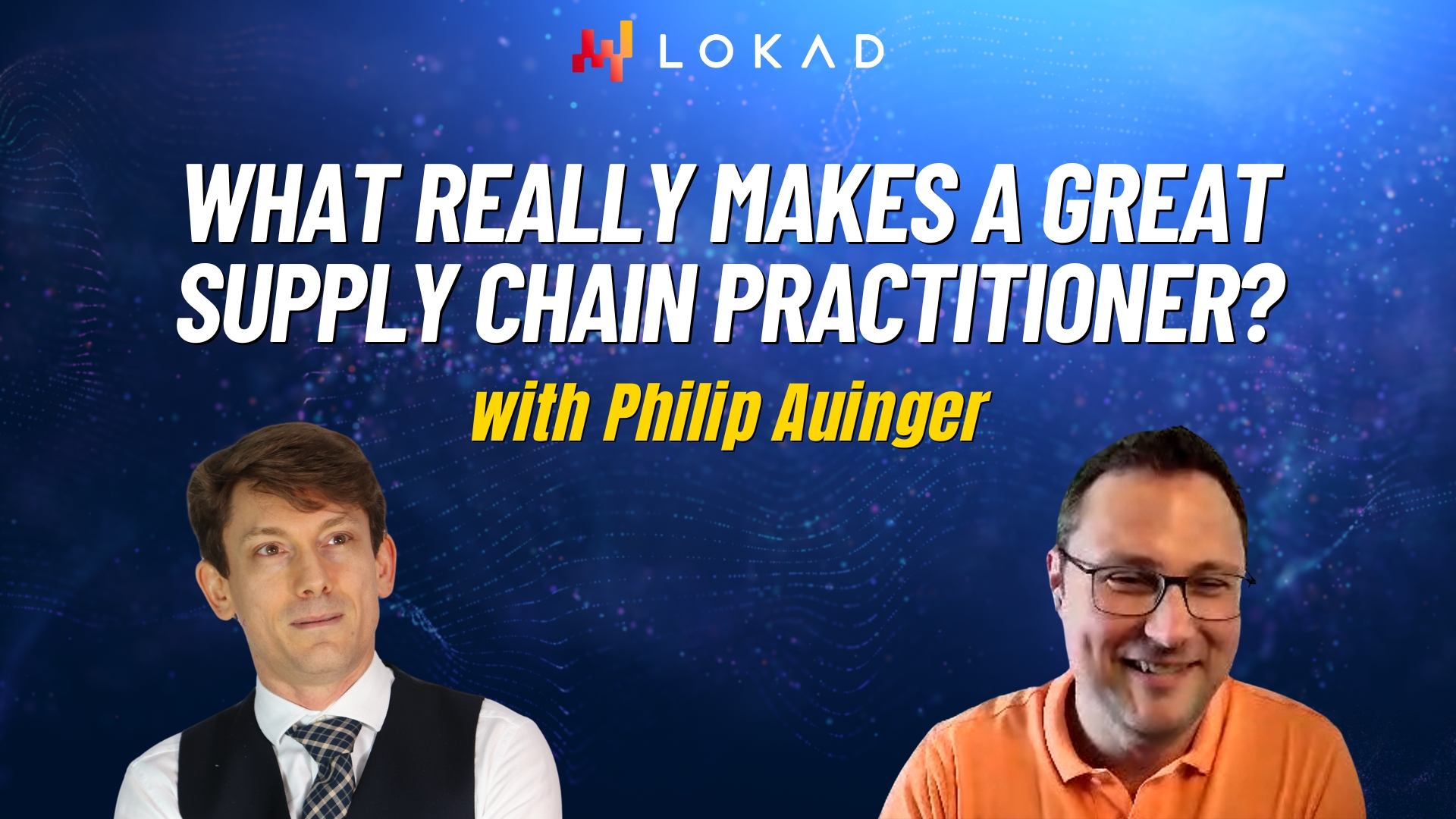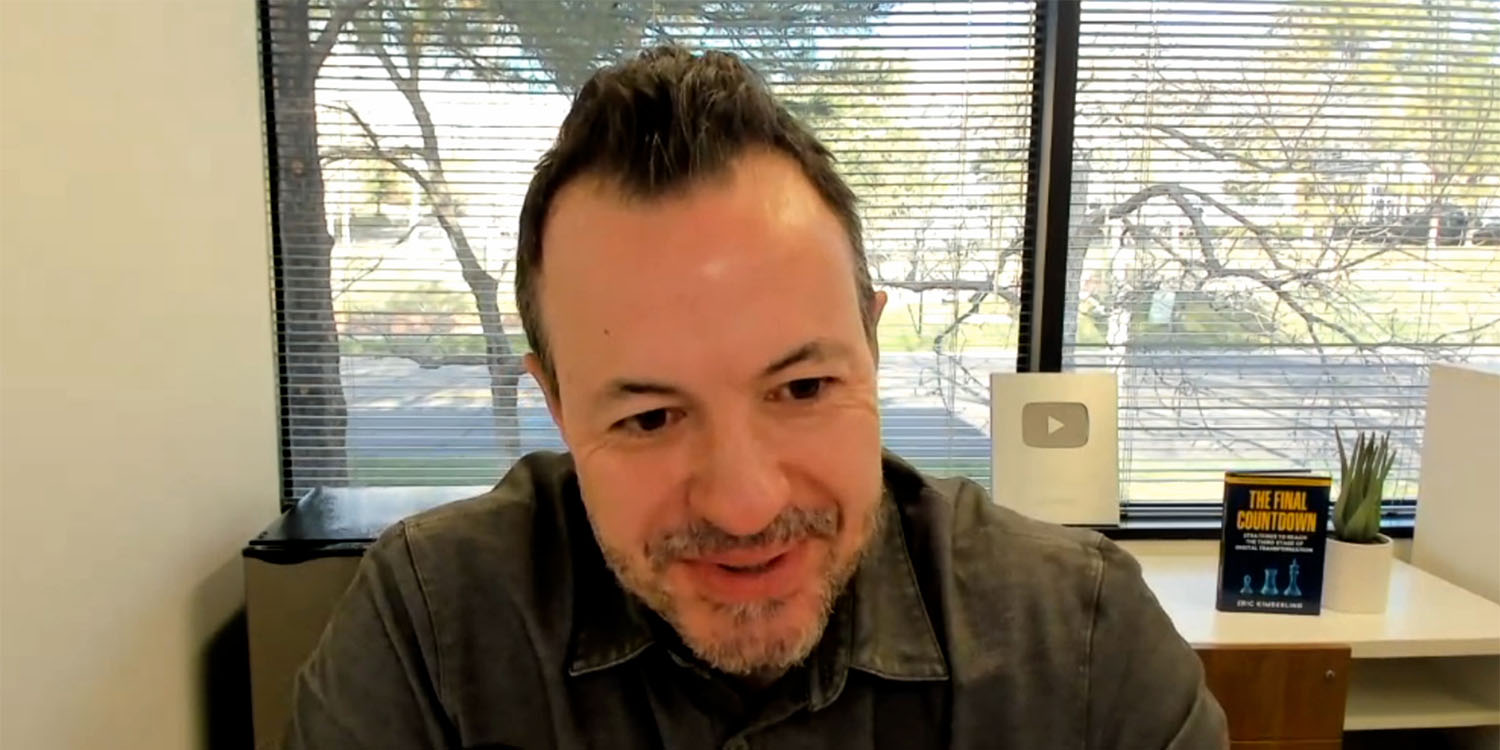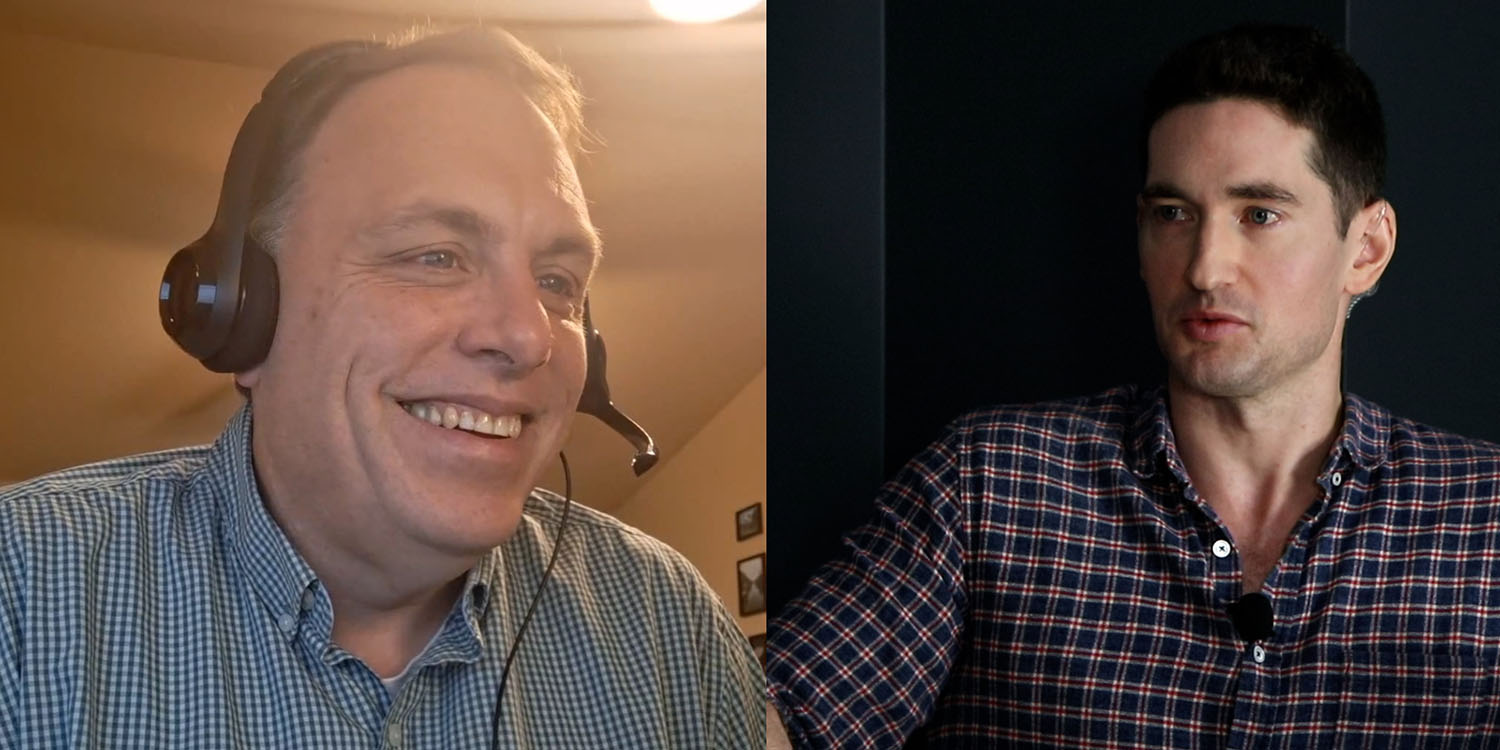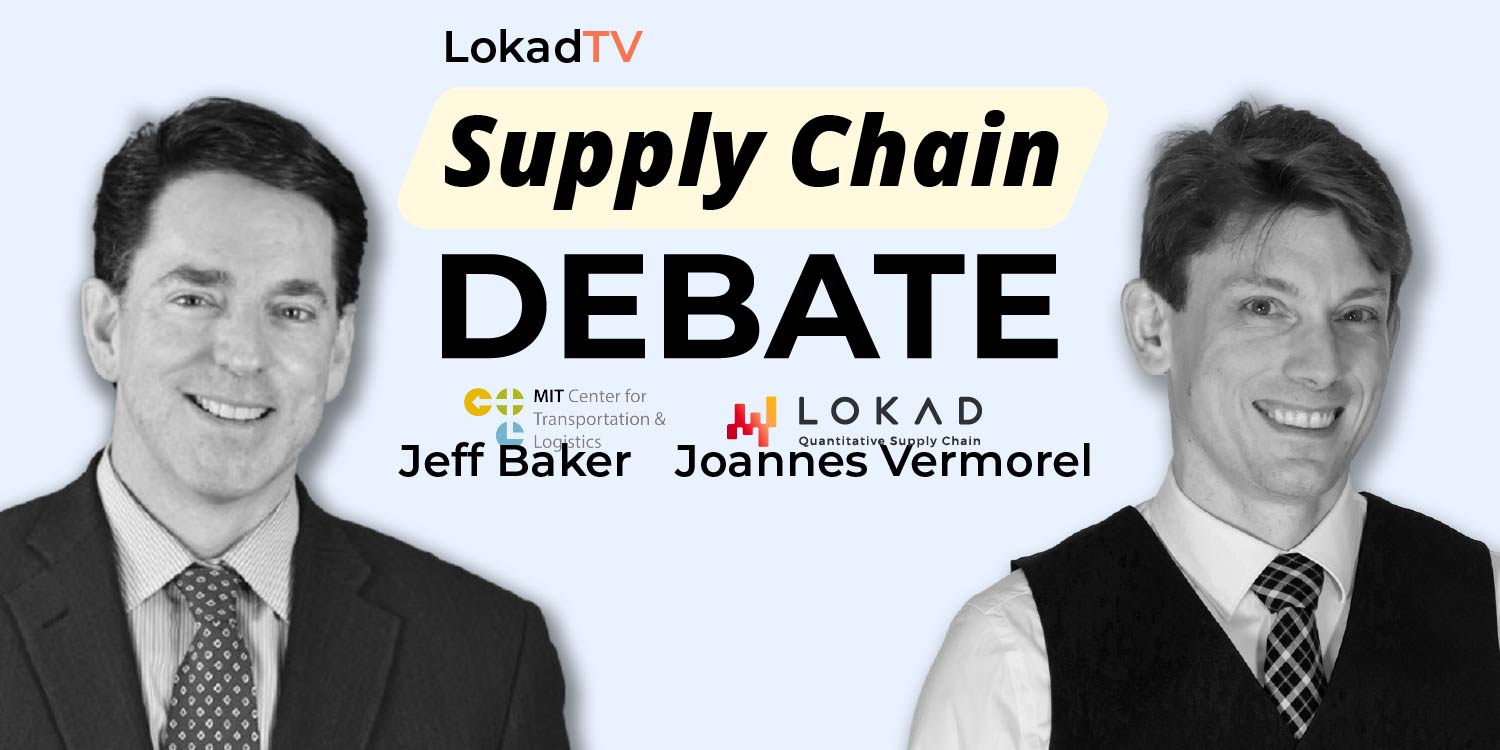Guest speakers
BACK TO LOKAD TV ›
Has Generative AI Changed Supply Chain (with Knut Alicke) - Ep 186
Generative AI in supply chain practical wins, limits, and the value gap. LokadTV with Joannes Vermorel and McKinsey Knut Alicke on what matters next.
Rethinking Product-Life-Cycle Management with AI (with Rupert Schiessl) - Ep 185
Rupert Schiessl (Bamboo Rose's Chief AI Officer) joins Lokad’s Joannes Vermorel (CEO) and Conor Doherty (Director of Marketing) for a discussion on how generative AI reshapes Product Lifecycle Management (PLM).
Explaining Optimization to Executives (with Adam Dejans Jr & John Elam) - Ep 184
A conversation with Joannes Vermorel, Adam Dejans Jr., John Elam, and Conor Doherty on how to make optimization practical for executives, covering culture, change management, and the real value of forecasting in supply chain.
What Really Makes a Great Supply Chain Practitioner? (with Philip Auinger) - Ep 183
Philip Auinger and Joannes Vermorel explore what makes a great supply chain practitioner—balancing analytics with interpersonal skills, challenging outdated models, and embracing critical thinking in an AI-driven future.
STS Component Solutions and Lokad: A Decade of Success (With Timothy Russo) - Ep 182
Conversation marking the 10-year Lokad–STS Component Solutions partnership, where Joannes Vermorel and Tim Russo discuss data-driven supply-chain innovation and future growth.
Why Supply Chain Digital Transformations Fail (Eric Kimberling) - Ep 181
Eric Kimberling and Joannes Vermorel discuss why supply chain digital transformations often fail, stressing the need for tech-agnostic strategies, change management, and alignment with business goals.
Bad Actors in Tech (with Anthony Miller) - Ep 175
Conor Doherty hosts a conversation with Anthony Miller (logistics consultant and writer) and Joannes Vermorel (founder of Lokad) about the prevalence of “bad actors” in enterprise technology—particularly within logistics and supply chain software. They discuss how bloated vendor promises, massive venture capital investments, and misleading analyst reports often lead to suboptimal or failed implementations. To avoid these pitfalls, they recommend examining a vendor’s actual product depth, financial stability, leadership consistency, and the clarity of the vendor’s communications—rather than relying on superficial rankings or buzzwords.
No Such Thing as an Optimal Solution (with Ian Wright) - Ep 173
In a recent LokadTV interview, Conor Doherty hosted Ian Wright, founder of Logistics Sciences, and Joannes Vermorel, CEO of Lokad, to discuss the notion that there are no optimal decisions in supply chain management. They challenged traditional views on efficiency, highlighting the complexities and uncertainties that defy textbook ideals. Ian and Joannes emphasized that different stakeholders have varying definitions of optimality, and practical solutions must align with business realities. They discussed the limitations of traditional optimization methods and the importance of human judgment in strategic decision-making. The conversation underscored the need for models that handle uncertainty and focus on true economic outcomes.
In Defense of S&OP (with Eric Wilson) - Ep 171
In a recent LokadTV interview, Conor Doherty hosted a discussion between Joannes Vermorel, CEO of Lokad, and Eric Wilson, Director of Thought Leadership at the Institute of Business Forecasting (IBF), focusing on Sales & Operations Planning (S&OP). Wilson, advocating for S&OP, highlighted its role in aligning company functions for coordinated decision-making and its benefits for mature companies. Vermorel critiqued S&OP as outdated, advocating for a software-centric approach to enhance efficiency and reduce human intervention. The debate covered the effectiveness of meetings, incremental versus radical changes, opportunity costs, and the future of S&OP, with both agreeing on the need for significant technological advancements.
Supply Chain Debate - Is Forecast Value Added (FVA) a best practice or time-waster (with Jeff Baker) - Ep 171
In a debate moderated by Conor Doherty, the topic "Is Forecast Value Added (FVA) a best practice or a time-waster?" was explored by Jeff Baker and Joannes Vermorel. Jeff Baker, with extensive experience in supply chain management, argued in favor of FVA, emphasizing its value when applied correctly and structured, highlighting the importance of addressing biases and leveraging expert inputs. Conversely, Joannes Vermorel, CEO of Lokad, contended that FVA can be inefficient, advocating instead for financial optimization of supply chain decisions with probabilistic forecasts. The debate underscored the contrasting views on FVA's role in supply chain management, providing insights into improving decision-making processes.









